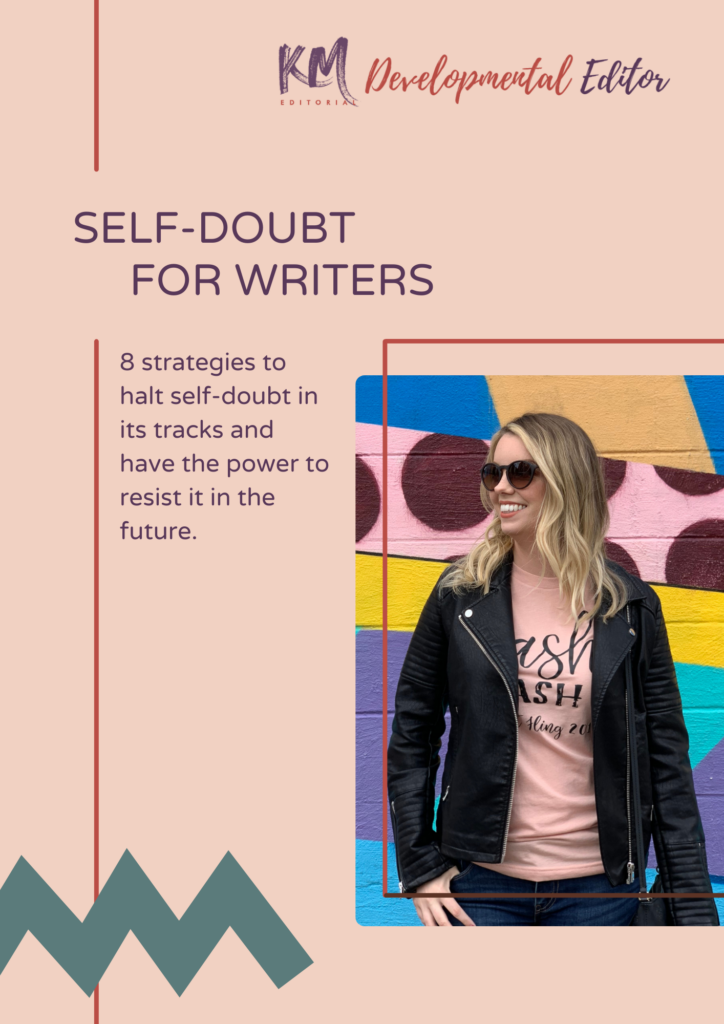 Audiobook Tips for Authors from a Listener
Audiobook Tips for Authors from a Listener
* This is not based in research, only the personal reactions of a newly addicted audiobook listener.
Lately I’ve become addicted to audiobooks. I love that I can do other things while I read a book; exercise, play mindless iPad games, clean, cook, eat, etc. I tend to multitask—because I work from home and run my own editing business I always feel like not a single minute can go to waste. I love my downtime, but the more I can do at once (exercise AND read) the better I feel about the hours in a day.
And listening to a story is still reading. It’s the same book, same writing, just with a little flavor. I think all authors should have their books in audiobook format! I LOVE Audible for listening.
Try Audible and Get Two Free Audiobooks
As a new, avid audiobook listener, I’ve noticed a few things that change how I feel about an audiobook, for better or for worse. And I’d like to share those things for those planning to create an audiobook.
Narration
This is the most important part of an audiobook and there are a few pieces to this to be sure your narrator is expertly selected. The wrong narrator will lose credibility to your story.
- Great, soothing, engaging voice, and not distracting. A reader should basically stop even noticing the voice because it fits the story and character so well.
- Right accent. If your story is first person POV of a British gal in her 40’s, be sure the voice matches this. An Australian or American voice is not the same, and it can change the tone of a story.
- Good at voices for other characters, and consistent. Once a narrator uses a deep voice for a side character, each time that side character comes into the story the same voice must be used. Readers associate the voices with characters. And, those voices better not sound silly, or else you’ll lose a reader’s interest.
Pacing
This is related to picking the right narrator(s), but also has to do with the writing. If the writing and story telling is slow, then the reading will be even slower, and that means a book that takes 6 hours to read could take 12 hours to listen to. Holy cow. If the hours are too many, it could be difficult to get a reader invested, to make the decision to take a chance on a book that they now know will take 12 hours of their life. Those 12 hours could be precious.
Also with pacing, it is possible for a listener to adjust the speed of the narration themselves to match their desired speed, but my advice is to be sure the standard is set to a typical reading flow that a listener catches every word, and feels the story isn’t slowed down by the speed of voice.
Music
This is a personal pet peeve of mine, and I’d love to know what others think, but I believe music should just never be introduced. I’m listening to The Matched series right now, and the very beginning of book one this incredibly, corny music starts playing and the story is starting and the narrator is trying to talk over the music and I was cringing. There was NO way I would keep going if the music lasted more than 10 more seconds. Fortunately, it stopped, but that rubbed me the wrong way from the beginning. Then later on in the book when it got to a big moment suddenly the music played again, as if to set the tone? It did NOT work and I wanted to throw my phone! But, that wouldn’t be fair to the phone of course. Every book in this series has had this music and I’ve really disliked it. Maybe it’s just me, but I find it extremely distracting, distasteful, and corny. I want to listen to the story. However, I haven’t listened to the Harry Potter audiobook (I’ve heard it’s amazing) and if they happened to have the same music from the movies, I might be okay with that.
Preview
Be sure listeners can sample the book! It’s just like reading, we want to know if we will connect with the narration, if it’s engaging, and if the writing itself is strong enough to be heard aloud.
Bad writing can be tough on the eyes and concentration, but bad writing spoken is awkward, uncomfortable, and not something a person can commit 6+ hours listening to. Hopefully, the preview will introduce listeners to a story they can’t put down. Spoken word can give an edge to some stories. I sampled Pride and Prejudice and I was SO engaged, more so than I think I would be just reading it, because the narrator was perfect at hitting the right tone.
Whether you decide to create an audiobook or not, be sure to read your story out loud, and maybe even record it. You may as well be prepared. Audiobooks are more popular everyday—why miss out on that audience for your story?
When you sign up for the KM Editorial monthly newsletter you’ll receive a free downloadable Guide to Getting Published: https://katiemccoach.com/get-published/.


 Download your free copy of these 8 tried-and-true strategies to stop self-doubt and imposter syndrome as a writer. And, build the power to resist it in the future.
Download your free copy of these 8 tried-and-true strategies to stop self-doubt and imposter syndrome as a writer. And, build the power to resist it in the future.
Katie,
I greatly appreciate these points. I am an avid listener of audio books but I have also directed and edited them as well as narrated my own book.
Personally, I am okay with a brief musical opener to set the tone IF it sets the tone. Most of the time, the wrong music is selected because the music was royalty free or someone liked it or had it on hand. When I compose the opener for an audio book, I work directly with the author to make sure we are setting the proper tone. Music in the middle? That should NEVER be done. In fact, if there is a new chapter or section of the book being introduced, I wouldn’t even put it there. Only at the beginning and possibly over the ending where the publisher is being announced. Also, it should be fading out as the dialog starts, never featured under dialog.
pacing is definitely one of the biggest key roles. However, as much as the author and narrator are responsible, so is the editor. If the narrator isn’t editing the recording themselves, they will have someone else doing it for them. Everything can change in the edit so you have to use someone that understands the flow. Otherwise, when they cut out unused takes, breaks for sips of water, coughing, ice cream trucks, etc, the story will sound like it was recorded in chunks.
Getting a clean recording or having the ability to clean one up is also a vital component. Many of these are being recorded in home studios now, instead of sound proofed recording studios. there are all kinds of tutorials of how to make isolation boxes for the mic.
Some things do not translate well to audio. Take Fifty Shades of Gray, for example. The narrator had to read the opening to every emails so it became a seemingly endless stream of “Monday. 8:39AM. From: Christian Gray. To Anastasia…” over and over and over. As a listener, I found that a bit difficult.
As an author, if you are unsure of how anything will sound, read it out loud. A word that ends in “s” before a word that starts with an “s” can sound strange, be difficult for the narrator and awkward for the listener.
Great tips and notes based on your experiences, Scott! Thank you for stopping by and sharing!
Great post, Katie. I love audio books too, and have been delving into them lately. I’m listening to 13+ hour one now about Japan and the woman’s voice is very smooth and easy to listen to, and I believe that’s the biggest thing for me as well—voice.
I haven’t listened to many with music superimposed but I’m sure that would be distracting.
Wow, 13+ hours! It is nonfiction? You are right—the voice is everything.
Thanks for sharing!